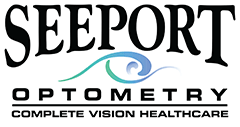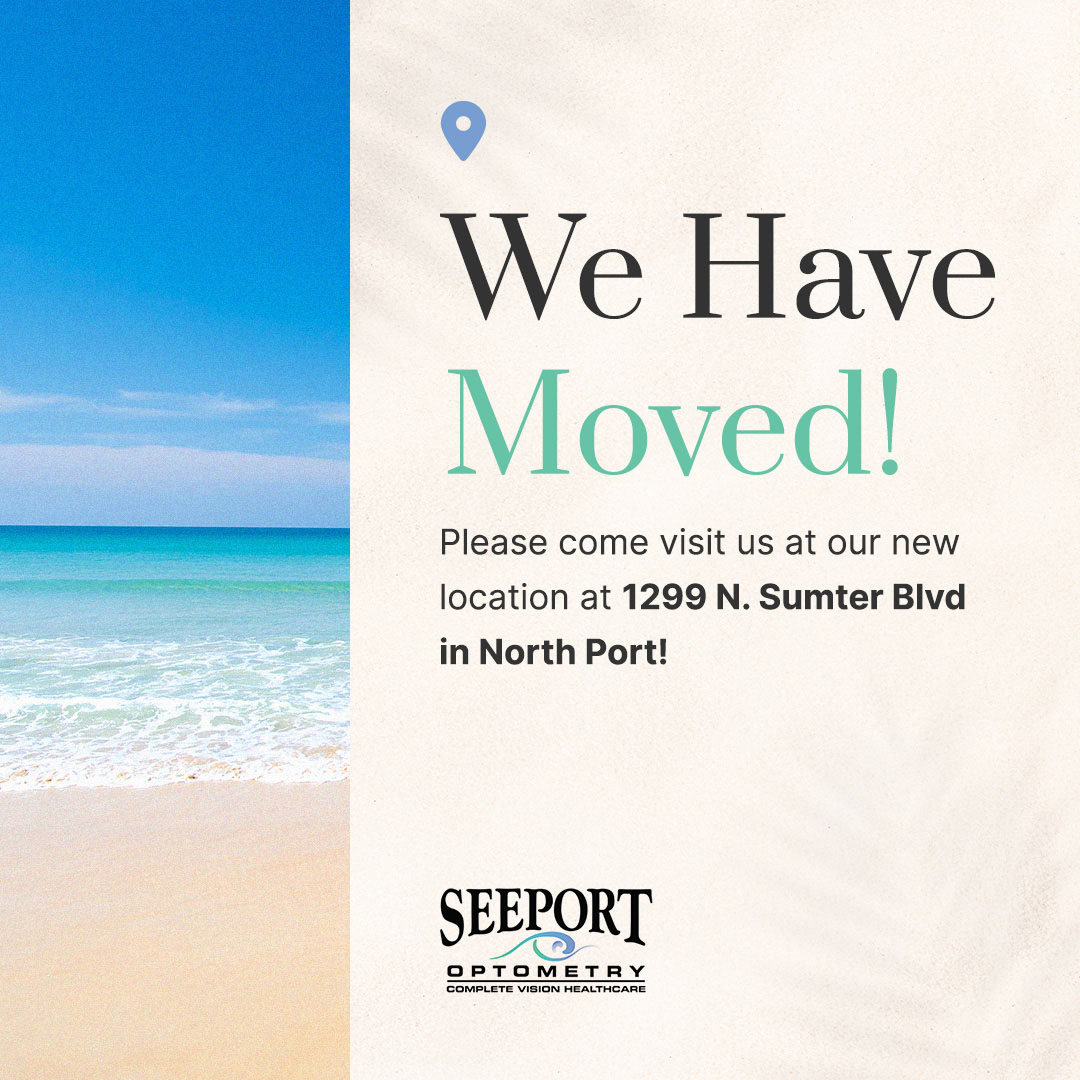
Most people prefer to wear contact lenses for their convenience. The near-discreet contacts help keep their natural look compared to eyeglasses. Standard contacts help correct vision. Specialty contact lenses help with active lifestyles and eye conditions.
Types of Specialty Contact Lenses
Toric contact lenses - They correct astigmatism, a condition that develops due to an irregularly shaped cornea. The lenses have various prescriptions in their different meridians. These help account for the cornea's irregular shape. They help correct severe cases of stigmatism.
Scleral contact lenses - These are big, rigid contacts that vault over the cornea and rest on the sclera, the white part of the eye. These lenses are ideal for individuals with irregular corneas. They also help people with eye conditions that make wearing standard contacts difficult or impossible.
Gas permeable contact lenses - These are rigid contacts that let in oxygen to get to your cornea. They are ideal for individuals with corneal abnormalities like keratoconus. Such conditions need proper vision correction through more rigid lenses.
Multifocal or bifocal contact lenses – These lenses help correct presbyopia. The condition occurs when individuals age and find it hard to focus on close-up objects. These contact lenses contain diverse prescriptions for different areas of the lens. It’s done so to allow you to see clearly at various distances. The lenses can also benefit individuals with eye conditions that affect how they see at different distances.
Hybrid contact lenses - These lenses are a combination of a soft outer ring with a center that is rigid gas permeable. The central part helps with clear vision, while the outer ring gives comfort. It is ideal for individuals with irregular corneas.
Who Needs Specialty Lenses?
You may need specialty contacts if you fall under this category:
Athletes - You may require specialty contact lenses for sports if you are an athlete. You can get lenses resistant to fogging or a wider field of view.
High prescription - Specialty contacts correct vision better for high prescriptions.
Irregularly shaped or large pupils - Individuals with these pupils can benefit from specialty contact lenses designed to improve visual acuity or reduce glare.
Dry eyes - Individuals suffering from dry eyes can benefit from a specialty contact lens that retains moisture.
Corneal abnormalities - Individuals with corneal abnormalities like keratoconus need specialty lenses. They can get clear vision by wearing hybrid, scleral, or gas-permeable contact lenses.
Presbyopia - Bifocal or multifocal lenses offer clear vision at multiple distances. It helps individuals with presbyopia, letting them focus on objects near them.
Astigmatism - Toric lenses correct vision for individuals with astigmatism.
Understand Your Eye Condition
It is vital to get a comprehensive eye exam to help determine whether specialty lenses are a suitable solution for your eyes. It helps to know if you have underlying problems or irregularities that need a specialized lens.
Work With Your Eye Doctor
Your eye specialist is the ideal person to help you choose the specialty lenses for your needs. They will consider factors like personal preferences, lifestyle, and eye conditions.
Care and Maintenance of Specialty Contact Lenses
You can ensure the longevity of your specialty contact lenses by giving them specific care and maintenance. Your eye specialist will provide detailed guidelines on cleaning and storing your lenses.
For more about specialty contact lenses, visit SeePort Optometry at our office in North Port, Florida. Call (941) 876-4400 to book an appointment today.









